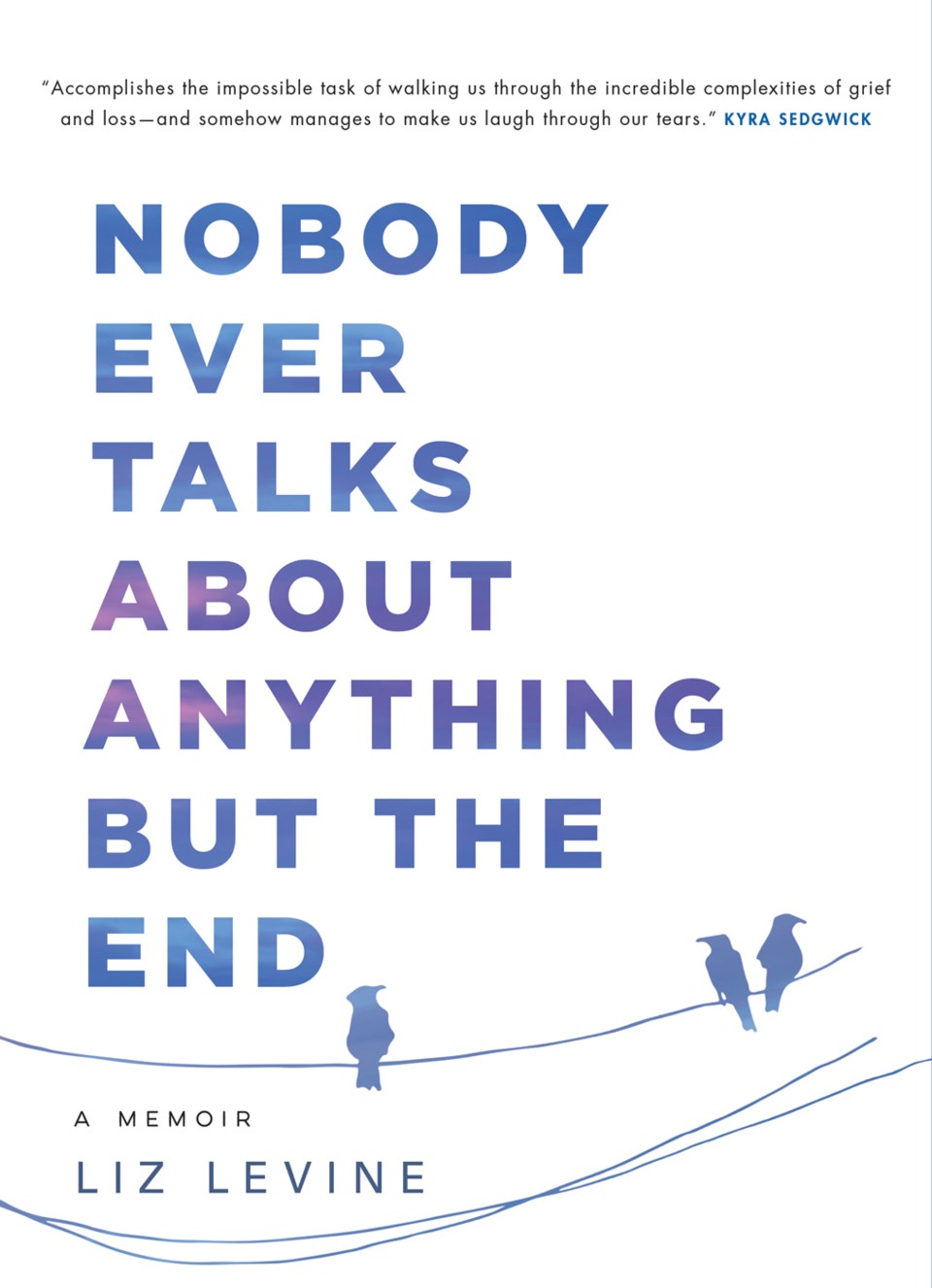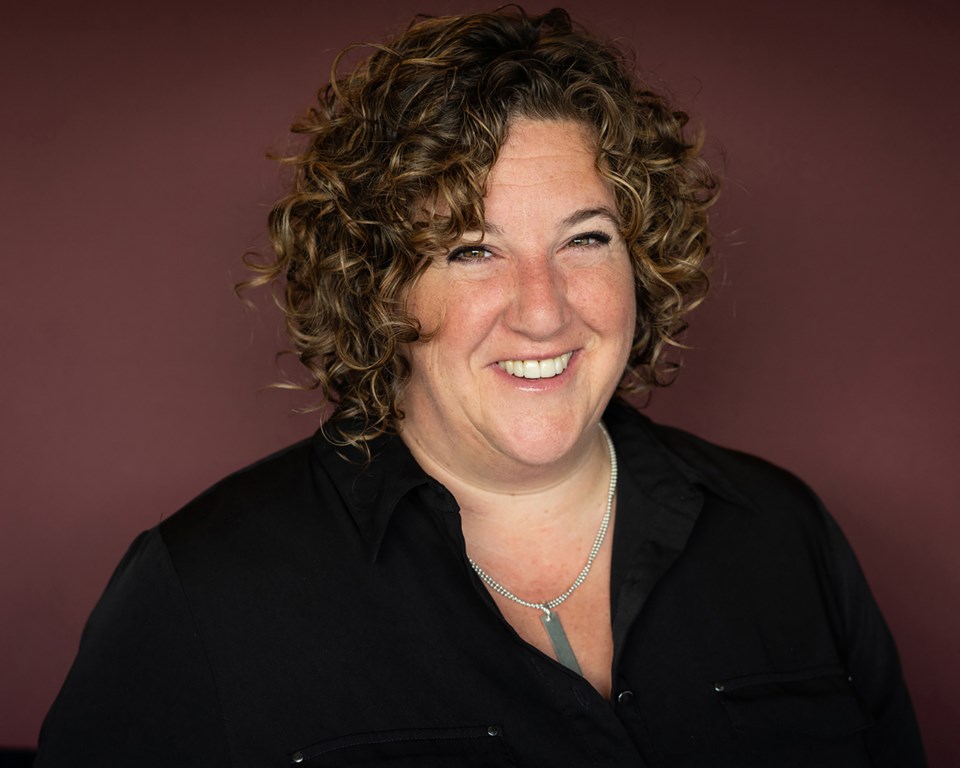This article deals with suicide. If youâre thinking about suicide or are worried about a friend or a loved one, the Canada Suicide Prevention Service is available 24/7 at 1-833-456-4566.
***
titled her book Nobody Ever Talks About Anything But the End because, after her sister Tamara died by suicide in 2016, thatâs all anybody wanted to talk about.
People wanted to talk about the circumstances of her sisterâs death â how Tamara jumped to her death from the balcony of her Toronto condo, and how tragic and sad it was â but they didnât want to talk about the years of mental illness that led to that end, or the ways in which the system failed Tamara, or how hard it was to love someone who didnât always possess the tools required to accept and return that love.
But Levine â a Vancouver-based film producer (Story of a Girl) and writer-director (Turning the Tables) â wanted to talk about the events leading up to her sisterâs tragic end. She wanted to talk about mental illness, and how she didnât get along with her sister in life, and how the loss of her sister was different than that of the loss of her best friend from cancer more than a decade before. And she wanted to talk about it all with a hefty dose of humour, because, to quote Monty Pythonâs âAlways Look on the Bright Side of Lifeâ: âLifeâs a piece of s***/when you look at it/lifeâs a laugh and deathâs a joke/itâs true.â
Levine mines the tragedy and comedy of life in Nobody Ever Talks About Anything But the End (Simon & Schuster), which hit bookstores and online retailers Jan. 28. Using the alphabet as a guide, Levine moves readers through an array of complicated emotions and nuanced topics related to death, mental illness, relationships, grieving and life.

âI think an acceptance of [death] leaves a lot of space in our lives for living, as opposed to being focused on dying,â says Levine. âI think my mother said it best: the pain never lessens, it just happens less often. Grief is a non-linear experience to me, and if you can let it be that, and not think of it as something you have to get through and come out on the other side, it circles back to that idea that thereâs a lot of space for life and laughter in between those moments.â
Thatâs not to say the Nobody Ever Talks About Anything But the End is a barrel of unseemly laughs. Levineâs sorrow at the loss of her sister is present throughout the book, as is her anger. Sheâs angry that her sister died by suicide. Sheâs angry that cancer claimed her best friend Judson in the early 2000s.
And sheâs curious about the ways in which people in the west shy away from even thinking about death, despite its inevitability â and the impact that not thinking about it and talking it through has on how we cope with death when it claims the people we love.
âWe see customs all over the world that are more connected to death than us, where they sing and cry and weep in a different, public way,â says Levine. âWeâre a generation that has been excused from loss. Weâre too young for war. Weâre too young for the AIDS crisis. Weâre too young to have really seen our brothers and sisters die by the hundreds of thousands, so the shared conversation around loss, especially in a sanitized cultural space that we have in North America, is really limited.â
Nobody Ever Talks About Anything But the End is structured like a dictionary. A is for Ashes, B is for Brothers, L is for Laughter, T is for Trump. âItâs not self-help, but that doesnât mean that itâs not helpful,â says Levine. âI hope that there are stories in there that either allow people to feel less alone, that they can see themselves reflected, or helps them understand someone else in their life and what theyâre dealing with.â
She adds, âFor me, in the hardest moments of writing this, I also recognized that somewhere I was hopefully giving permission to other people to have these conversations.â


